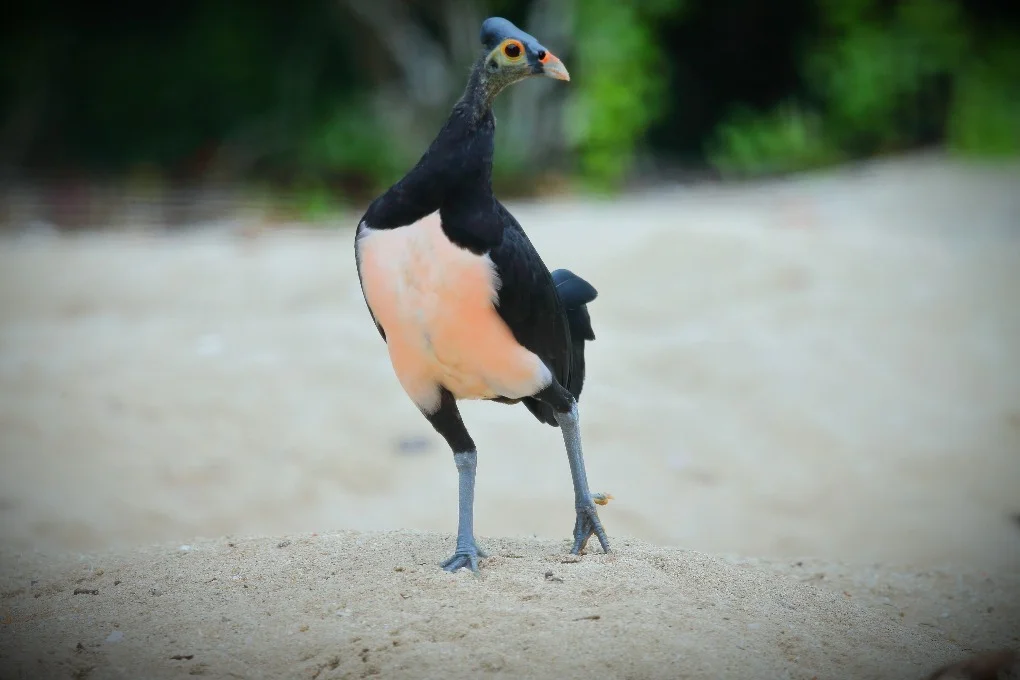
Maleo Birds of Sulawesi, Indonesia
Birds lay eggs and brood over them until they hatch. That is a common fact. However, Maleo, an endemic bird to Indonesia’s Sulawesi Island, is a startling exception to this rule. Instead, they bury their eggs in the sand and abandon them. The facts about this megapode are perplexing.
Years ago, I learned about Maleo birds from a BBC Earth programme. However, I only had the opportunity to visit their natural habitat in 2018. It was on a classic Sulawesi-Halmahera birding tour with a group of bird photographers, primarily focusing on the birds and mammals of those two endemic-rich Indonesian islands. After a few days in Tangoko National Park, we flew from Mandano to Tuwuk in central Sulawesi, then drove to Taima in Tompotika Peninsula, where an active Maleo conservation project is underway.
We arrived at Taima late at night. The village’s basic accommodations consisted of two tin-roofed sheds by the sea. After inspecting each corner of the hut with headlamps for sea snakes and other dangers, we all went to sleep without eating anything. None of us could close our eyes for more than ten minutes due to the fear of sea snakes, excruciating humidity, and the unnerving sound of wind blowing from the sea.
However, the morning was pleasant. We set up our cameras on tripods in the hide very early in the morning. The hide was large enough to accommodate ten photographers simultaneously and had a clear view of a protected pristine beach in front, about 15 metres wide and extended to a forest with thick undergrowth. We didn’t have to wait long for the birds to emerge from the woods and begin digging on the sand like earth-removing machines, throwing thick sand for an impressive 2 metres. That day, we saw three pairs. They stayed at the beach for over an hour before retreating into the woods
Maleo birds are known for their unique nesting behaviour. Instead of brooding over their eggs, they dig a deep hole in the sand and lay the egg inside. After burying the eggs and covering them with sand, the parents never return, leaving the Maleo chick to hatch and emerge from the hole on their own. Interestingly, they use the hot sand of Sulawesi beaches to serve as a natural incubator warmed by the sun every day.
Maleo chicks are incredibly self-sufficient and can face the world just a few hours after hatching.

